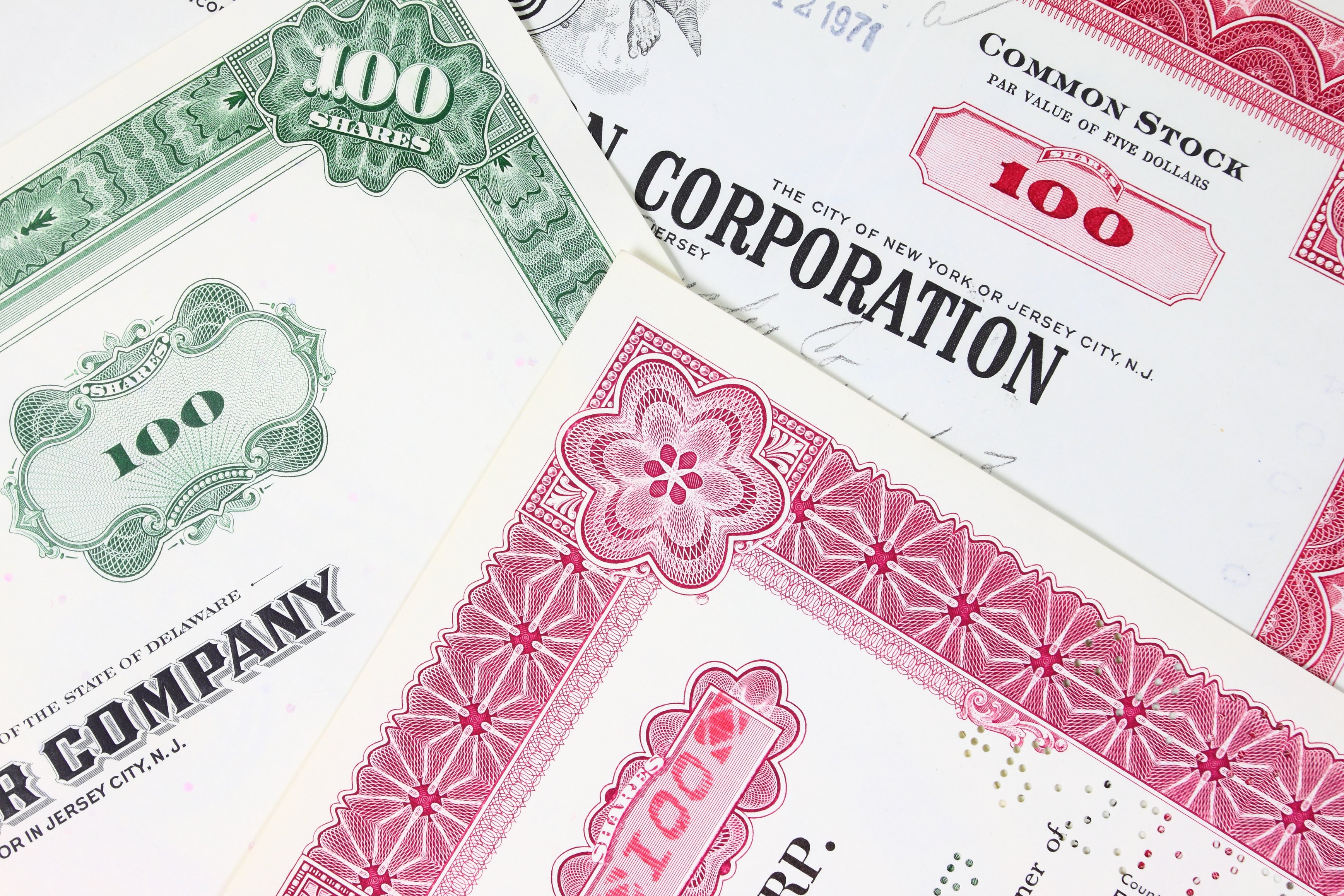I've previously commented on how investors have shrugged off Eli Lilly's (NYSE: LLY) stellar quarters, preferring to focus on its upcoming patent cliff. Apparently, that's true for bad quarters as well. The company is trading flat at midday, despite a rather lackluster quarter and a lowered annual guidance.
The big stumbling block is the recently passed health-care reform bill. Increases in rebates offered to Medicaid, and some other institutions like children's hospitals, were instated retroactively to Jan. 1. In total, that will cost Eli Lilly $350 million to $400 million this year. Next year, it'll also have to deal with discounts for Medicare and its share of an additional fee to the government, bringing the total hit to $600 million to $700 million in 2011.
The company will make up some of the loss when the number of patients increases after the mandated insurance requirement kicks in, but that won't occur until 2014. We won't have to wait long to see how much the new law will affect other drugmakers; Johnson & Johnson (NYSE: JNJ) and Abbott Labs (NYSE: ABT) release earnings over the next two days.
Even with the hit to sales, Eli Lilly still turned in a solid 9% increase in sales. But with a patent cliff looming, investors are focused on the up and coming drugs. Newly launched Effient doesn't seem to be making much dent in the multibillion-dollar blood thinner market on which Bristol-Myers Squibb (NYSE: BMY) and sanofi-aventis' (NYSE: SNY) Plavix maintains a tight grip. Effient's sales totaled a measly $8.8 million in the first quarter.
Growth in sales of fibromyalgia treatment Cymbalta depends on the drug's expansion into chronic pain relief, which has been delayed. The company had expected a decision on Cymbalta's expanded label already, but it now anticipates that an FDA advisory panel will review the drug in the second half of the year. The meeting won't be a slam-dunk. Pfizer (NYSE: PFE) has had problems expanding the label of its fibromyalgia drug, Lyrica.
Even at the lower adjusted guidance of $4.40 to $4.55 per share, Eli Lilly is still trading at an insanely low P/E of eight. Until the drugmaker can show that its pipeline can grow post-patent cliff, it's likely to stay that way.








